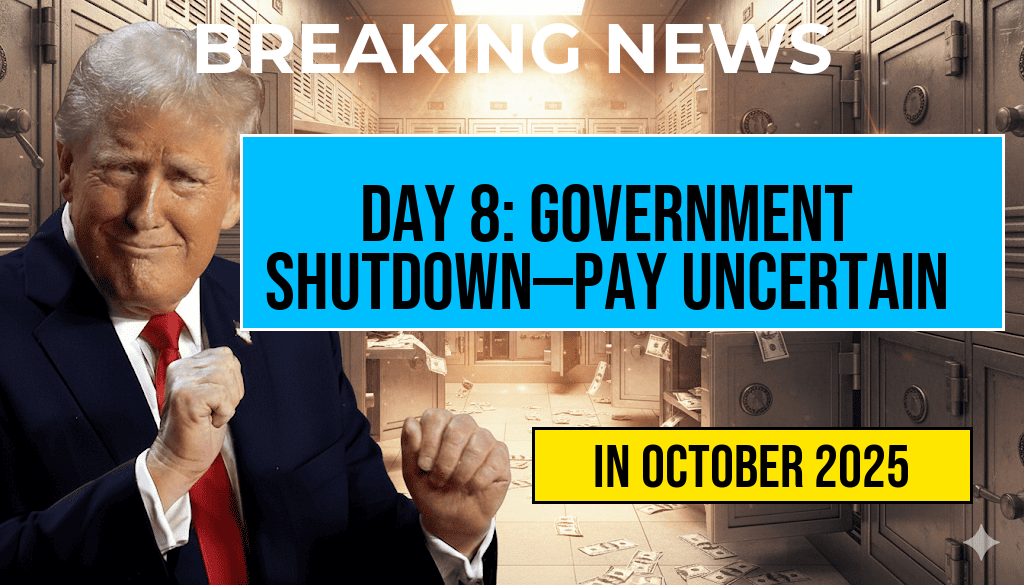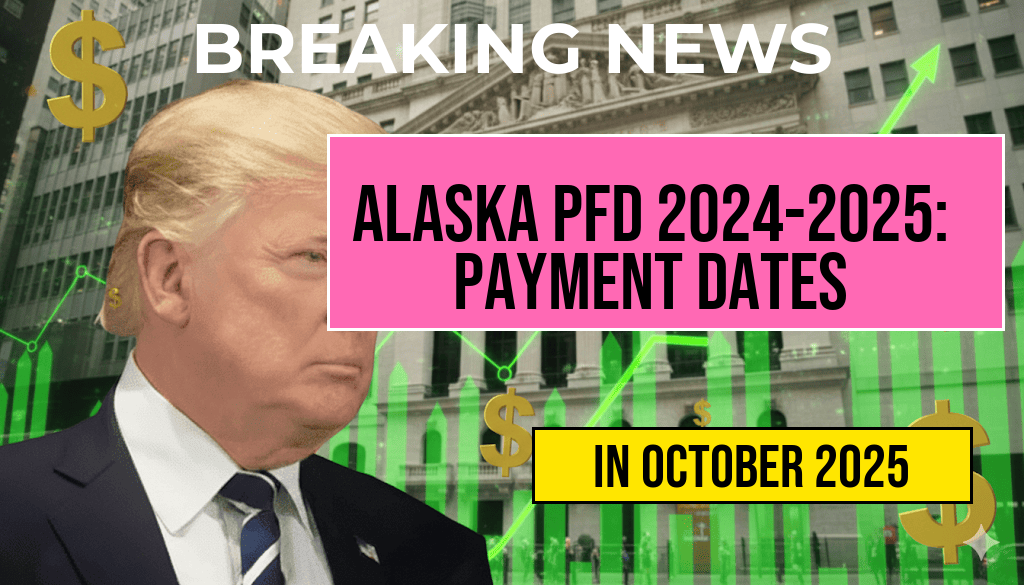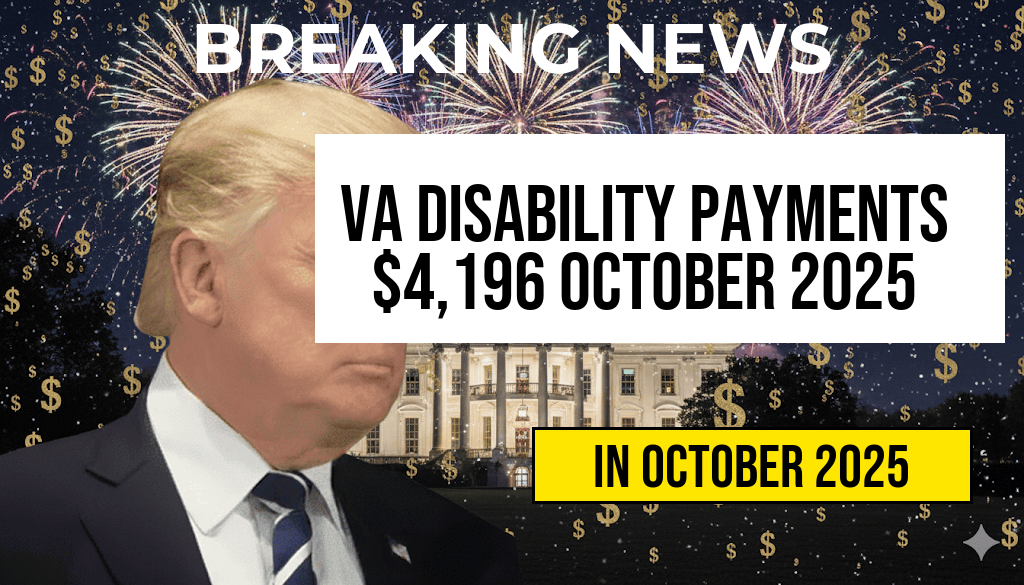As the United States enters its eighth day of a partial government shutdown, thousands of federal workers face mounting uncertainty regarding their paychecks. With no congressional agreement in sight, many employees remain in limbo, unsure whether they will receive their full compensation or face delayed or withheld wages. While some federal agencies have implemented measures to mitigate financial hardship, the broader implications for federal workers and government operations remain deeply concerning. The shutdown, triggered by disagreements over budget allocations and policy priorities, continues to strain public services and erodes confidence in the federal government’s ability to function effectively.
Federal Workers Confront Financial Uncertainty Amid Ongoing Shutdown
The government shutdown, now in its eighth day, has left approximately 800,000 federal employees either furloughed or working without pay. Employees in agencies such as the Departments of Homeland Security, Transportation, and Justice face a shrinking financial safety net, with many relying solely on their scheduled paychecks. While some agencies have announced plans to prioritize essential workers and maintain critical functions, the question of whether federal workers will receive full compensation remains unresolved.
How Pay Is Being Handled During the Shutdown
| Worker Category | Pay Status | Details |
|---|---|---|
| Furloughed Employees | No pay | Furloughed workers are temporarily laid off but typically qualify for back pay once funding resumes. |
| Essential Workers | Paid | Workers deemed critical, such as TSA agents and border patrol officers, continue to work but may face delays in pay if the shutdown persists. |
| Contractors | Variable | Contractors often experience delays or cancellations of payments, depending on contract terms and agency decisions. |
Historically, Congress has authorized retroactive pay for federal employees once a shutdown concludes. However, the uncertainty about when that might occur creates financial stress for many workers, especially those living paycheck to paycheck. The Office of Personnel Management has reiterated that federal employees furloughed during shutdowns are eligible for back pay, but the process can take weeks to months to implement.
Impacts on Government Services and Public Trust
Beyond individual financial hardships, the shutdown hampers federal operations affecting millions of Americans. National parks close or reduce services, immigration processing slows, and disaster response agencies operate with limited personnel. The shutdown also strains the credibility of federal agencies, which are essential to national security, public health, and economic stability. Experts warn that prolonged shutdowns risk eroding public trust and complicating policy negotiations.
Political Dynamics and Prospects for Resolution
The standoff stems from partisan disagreements over spending priorities, border security funding, and immigration policies. Leaders from both parties have expressed frustration, but consensus remains elusive. House and Senate negotiations continue behind closed doors, with some lawmakers advocating for a temporary funding bill to reopen government operations and others pushing for policy concessions prior to a deal.
Legal and Financial Support Measures for Federal Workers
In response to the ongoing crisis, some advocacy groups and lawmakers have introduced measures to assist affected employees. These include:
- Emergency financial aid programs to provide short-term assistance for furloughed workers.
- Legislative proposals aimed at guaranteeing back pay and expediting payments for essential staff.
- Mortgage and loan forbearance options offered by certain financial institutions to alleviate immediate financial pressures.
According to the Federal News Network, some agencies have advised employees to explore their bank’s hardship programs and emergency assistance resources to manage expenses during this period.
Key Questions for Federal Employees and the Public
As the shutdown persists, federal workers and their families are left asking:
- Will federal employees receive their full pay once the government reopens?
- How long can workers sustain financial hardship without pay?
- What measures are being taken to expedite back pay and support affected employees?
The U.S. Treasury Department has assured that, in previous shutdowns, back pay has been issued retroactively, but the timeline remains uncertain. Meanwhile, congressional leaders face mounting pressure to reach an agreement and restore stability.
Looking Ahead
The ongoing political impasse highlights the delicate balance between budget priorities and operational continuity. While the federal government has contingency plans to sustain essential services, the human impact on workers remains significant. As negotiations continue, federal employees, contractors, and the general public await concrete resolutions that will determine whether workers will ultimately receive full compensation or face prolonged financial uncertainty.
For more information on government shutdowns and federal employee rights, visit the Wikipedia page on U.S. government shutdowns.
Frequently Asked Questions
What is the current status of the government shutdown on Day 8?
The government is currently in its eighth day of shutdown, affecting various federal operations and services across the country.
Will federal workers receive full compensation for the days they have missed due to the shutdown?
Many federal workers are concerned about pay continuity. Typically, most federal employees do receive full back pay once the shutdown ends, but during the shutdown, they often do not get paid until funding is restored.
Are essential federal workers still working without pay?
Yes, essential personnel such as law enforcement and emergency services continue working during a shutdown, but they may not receive immediate pay until the government reopens and funding is processed.
What are the impacts of the shutdown on federal services?
The shutdown results in federal agencies halting non-essential services, delays in processing applications, and disruptions to programs that rely on federal funding.
How long could the government shutdown last, and what are the prospects for resolution?
The duration depends on Congressional negotiations. Currently, there is uncertainty about when funding will be restored, but lawmakers are working towards a resolution to reopen the government and ensure pay for federal workers.







